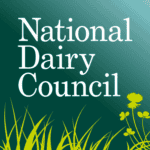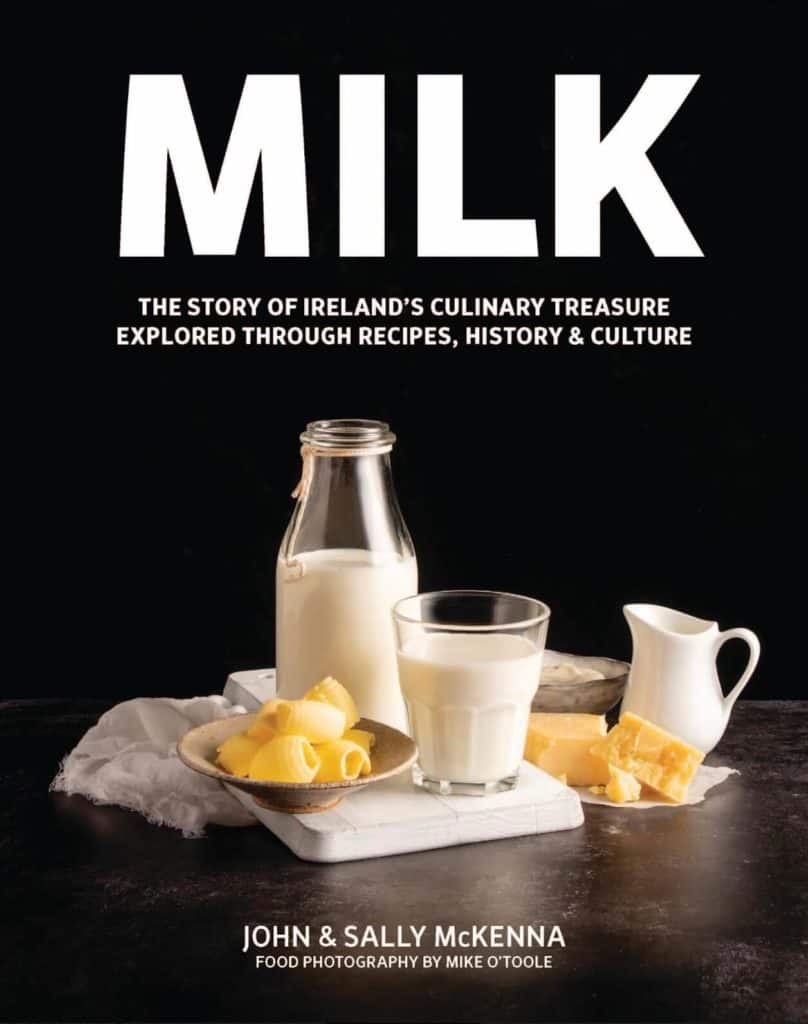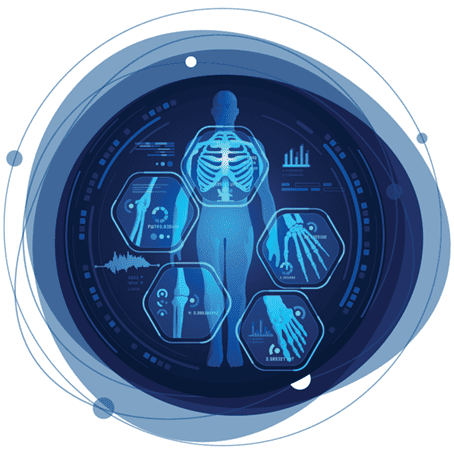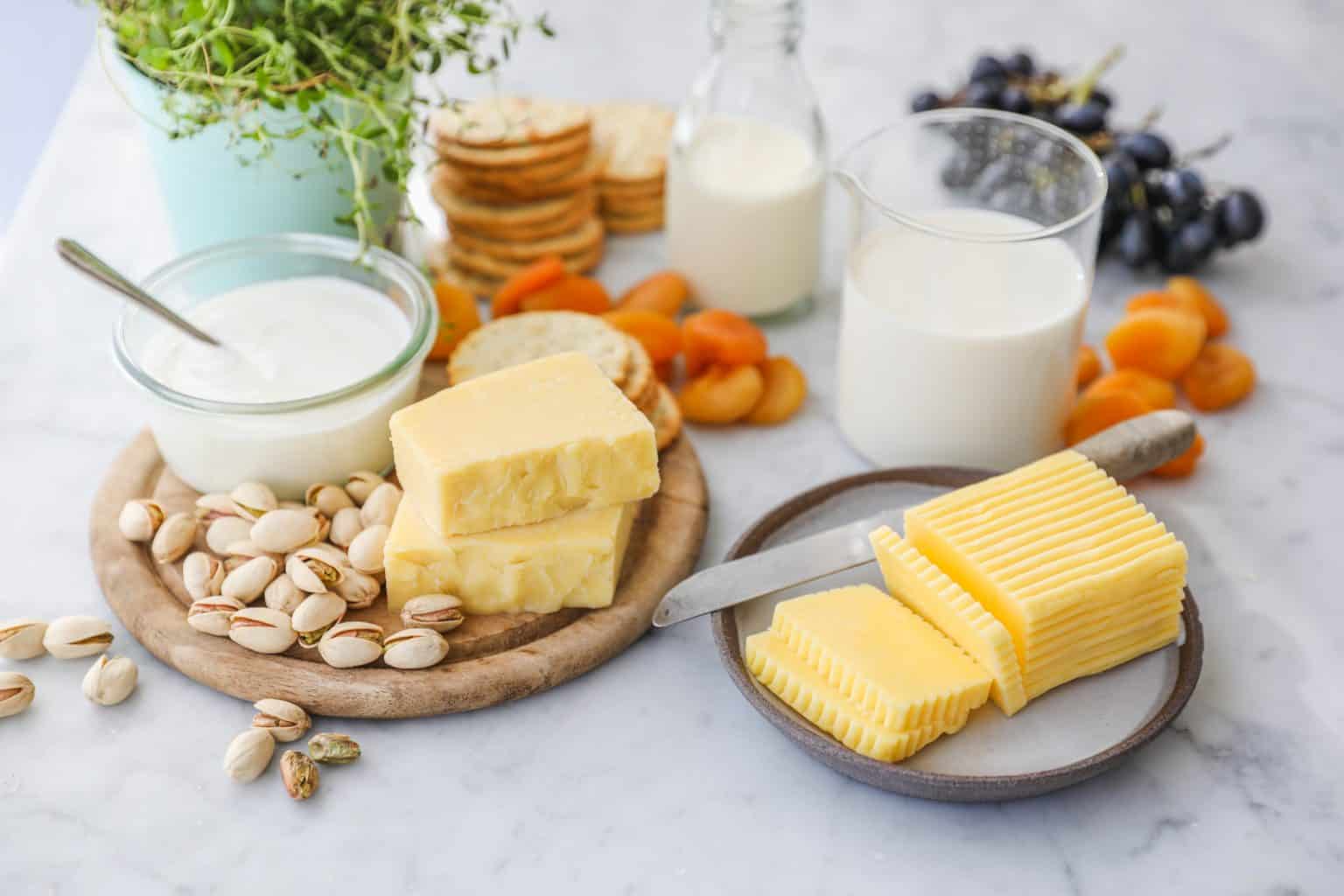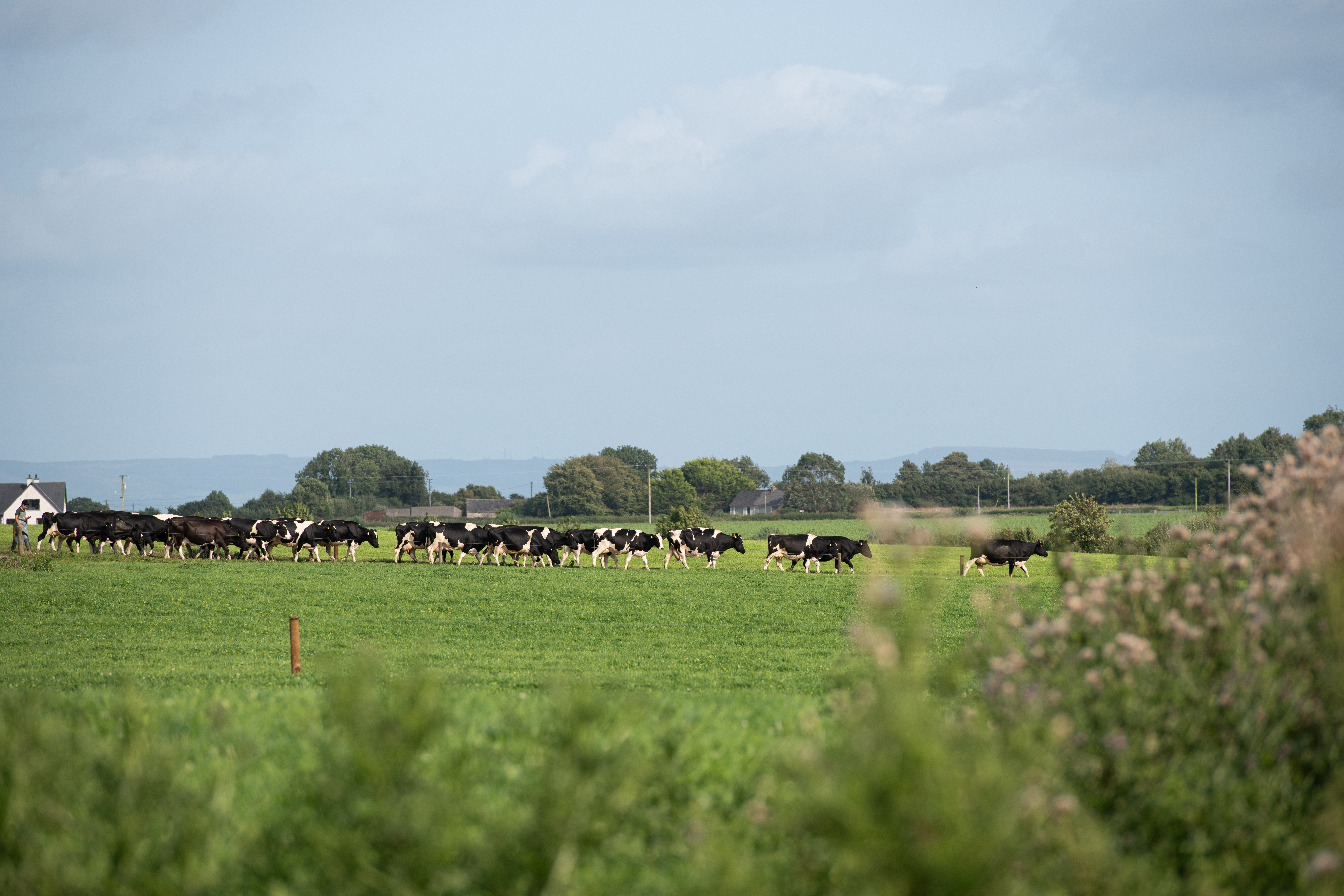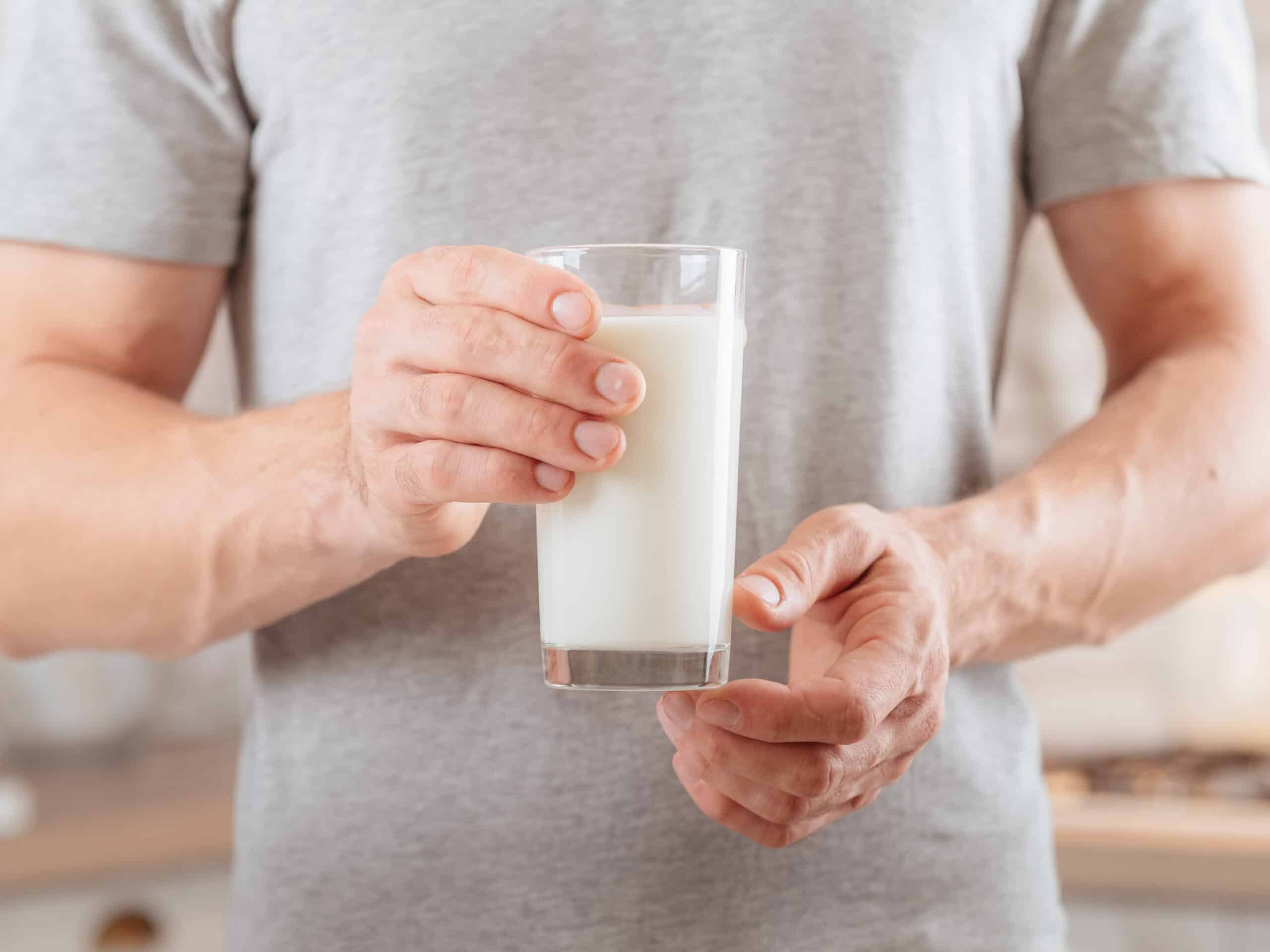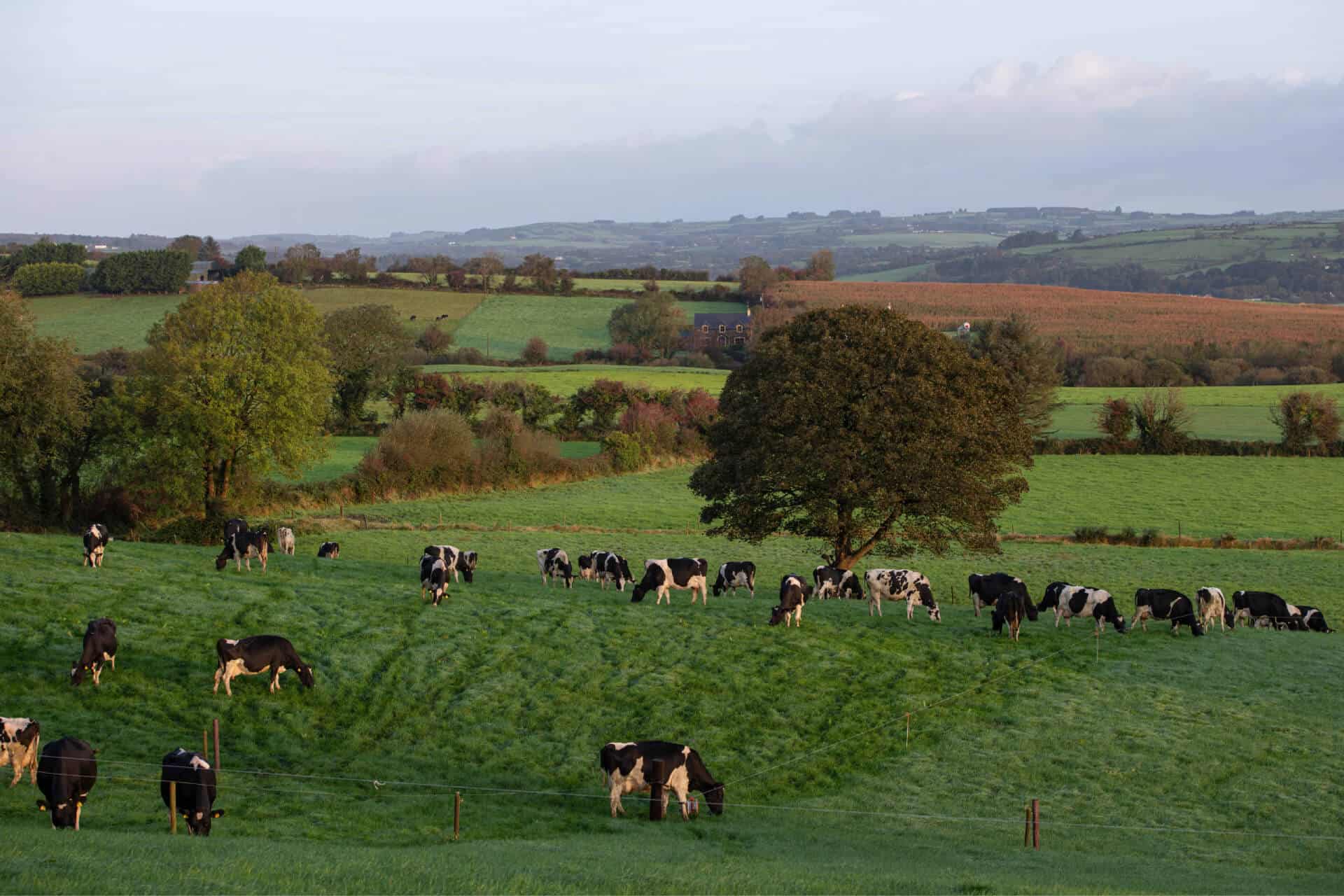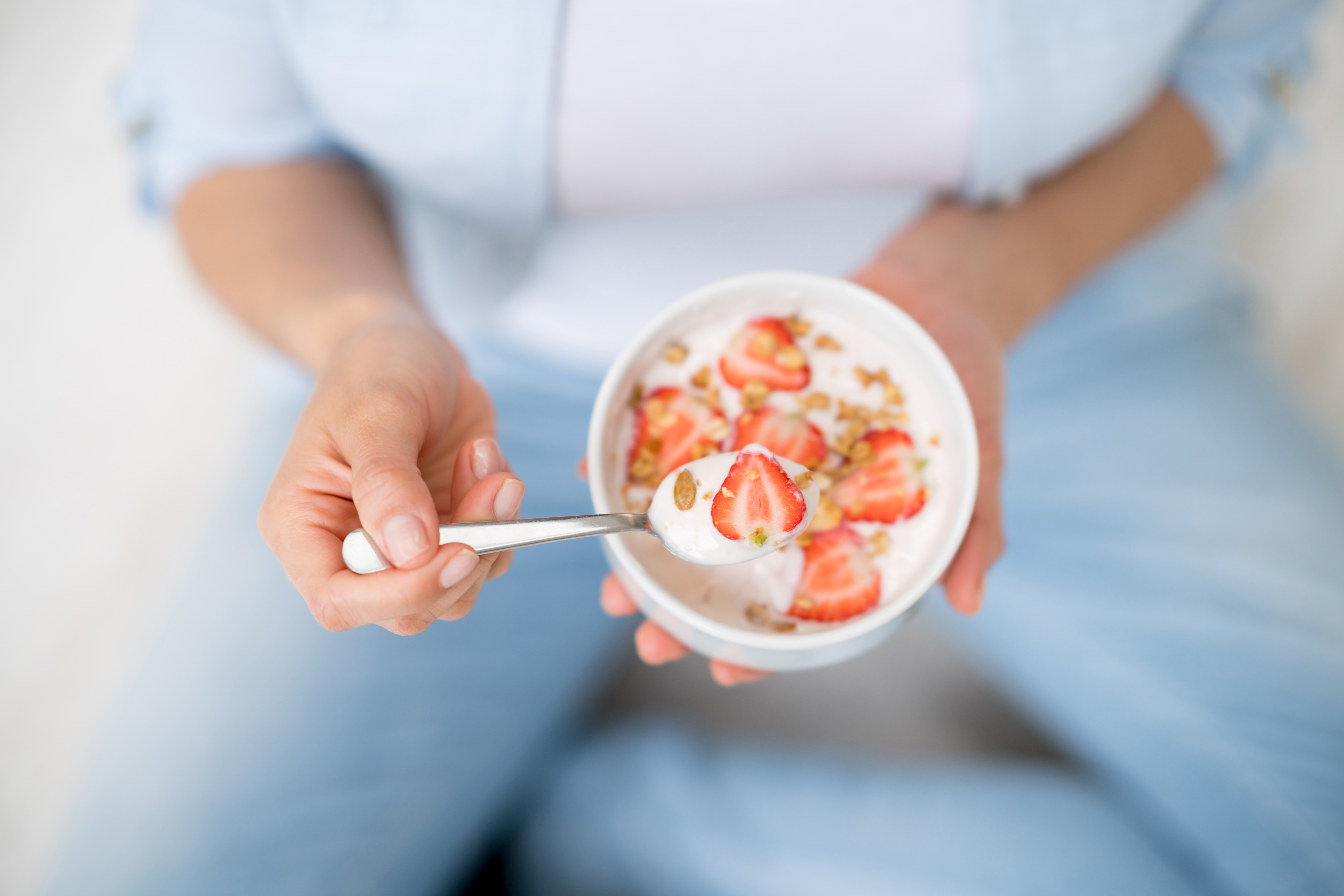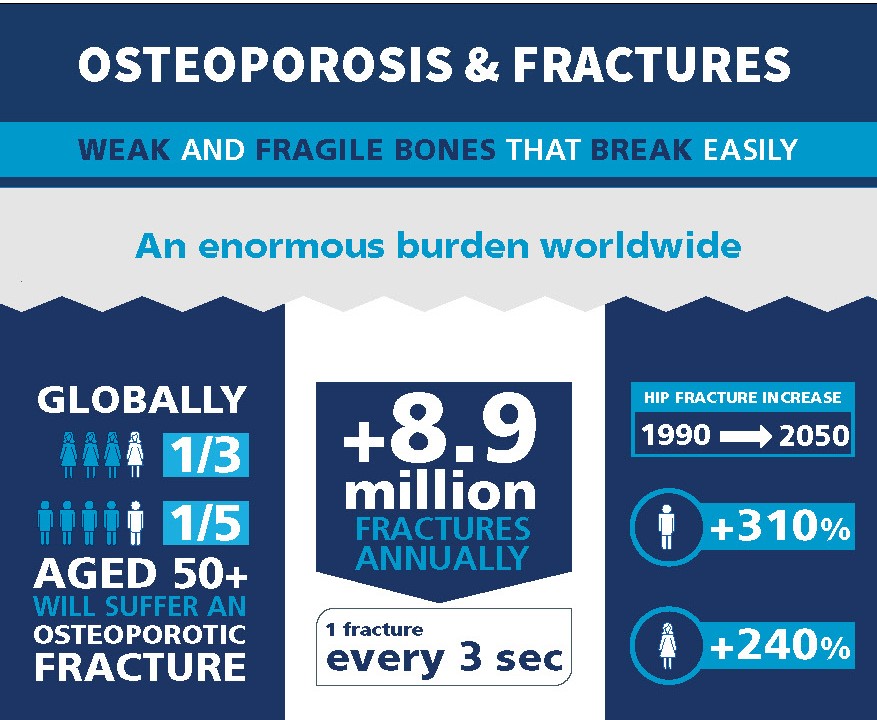Are you eating right for Mid Life?
“When discussing Menopause and diet it is twofold; first, we look at symptoms and second how to future-proof women’s health. There are things we can add to our diets that can help make them more nourishing”
Dietitian Aveen Bannon will be chatting about all things diet and menopause with broadcaster Grainne Seoige at the inaugural National Menopause Summit taking place at The Mansion House, Dublin on Thursday, March 23.
Having a well-balanced diet is crucial during any stage of life, but during menopause, your body needs some extra patience and care. From changes in metabolism to increased risk of osteoporosis, shifting your diet can help with getting ahead of future symptoms.
“Calcium is essential for good bone health, particularly in Menopause. Women can experience a 20% loss of bone mass during the menopause period. As hormone levels change, we need to support our bones through nutrition. Including 3-5 calcium servings daily along with vitamin D can help support strong bones. Dietary sources of calcium include milk, yogurt, cheese, tinned fish, dark green vegetables, and almonds”
Make Lifestyle changes that last!
From the age of around 35 years, there is a gradual loss of bone which speeds up as menopause approaches so women need to pay particular attention to their bones. Many nutrients play an important role in bone health including protein, calcium, phosphorous all of which are found in the dairy matrix in milk, yogurt and cheese.
Vitamin D is important to help absorb calcium and is found in oily fish, eggs and in vitamin D fortified milk and breakfast cereals, However, even if you are consuming these foods regularly you need to consider a Vitamin D food supplement during the winter months when no vitamin D is made in our bodies from the sunlight.
Aveen says “Keep moving! Activity helps to manage weight and is also imperative for heart and bone health. Weight-bearing exercise helps your bones to hold on to the minerals that keep them strong and reduces the risk of osteoporosis. Aim to include some lean protein at each meal. Protein is necessary for both the maintenance and repair of muscle and bone, and we need more as we age. Dairy, fish, poultry, eggs, meat, tofu, and tempeh are all great nutritious dietary sources of protein.
Managing Symptoms
Taking time to consider whether there are improvements you can make to diet, exercise, and other factors such as quitting smoking or excessive alcohol intake may help you manage some symptoms but also help protect you from type 2 diabetes, heart disease and osteoporosis. As about a third of a woman’s life is spent in post-menopause, it’s good to make changes that will last.
“There are compounds called Isoflavones which are a form of phytoestrogens. Phytoestrogens are similar in structure to oestrogen; research suggests that these compounds when regularly part of your diet over a period of months may help reduce hot flushes and night sweat severity in some women. Beans, pulses, tofu and seeds are both rich in Isoflavones and fibre” Aveen said
Is weight gain normal during menopause?
While weight gain is not inevitable, peri-menopause is associated with redistribution of fat to the tummy area. Tiredness from disturbed sleep and other menopausal symptoms like stiff joints may result in less exercise/activity which can also lead to weight gain. Menopause often coincides with greater responsibilities both at home and work which can mean exercise, eating well or managing stress take lower priority, promoting further weight gain.
There is some evidence that reducing weight, if you are overweight can help with some symptoms like hot flushes and night sweats but longer term maintaining a healthy weight will also support heart health too. Ask your GP or a dietitian if you are struggling with weight gain.
Top Tips for eating well during the menopause
- Aim to include a minimum of five fruits and vegetables every day and choose from as wide a range as you can. Eat the rainbow! Remember canned and frozen vegetables count!
- Watch your portions – using a smaller plate or bowl can help.
- Milk, cheese, and yogurt provides a matrix of nutrients including protein, calcium and phosphorous which are needed to help maintain normal bones. Choose reduced-fat versions where possible to help manage energy intake.
- Aim for at least two portions of oily fish every week. Oily fish includes tinned sardines, mackerel, salmon, fresh tuna, trout, and herring
- Don’t confuse snacks with treats! A snack is something that offers nutrition and part of a healthy diet e.g. yogurt, fruit, or nuts. A treat might taste nice but may or may not offer nutrition but can be high in calories. Take note of how often you are including treats that are high in fat and sugar in your diet. Most of us forget the treats we ‘graze’ as snacks so it might surprise you. Replace crisps, pastries, cakes and biscuits with fruit, small cubes of cheese, low fat yogurt or vegetables and houmous which provide tasty but nutritious snacks.
- Use oils and fats that are high in unsaturated fat such as rapeseed, sunflower, and olive oils/spreads. Use yogurt in place of mayonnaise for sandwich fillers.
The National Dairy Council is the Official Nutrition Partner of the first National Menopause Summit on Thursday 23rd March.
To arrange an interview with Dietitian Aveen Bannon, please contact Cathy Curran at NDC ccurran@ndc.ie Tel: 086 8777 664
For further information please visit www.nationalmenopausesummit.com
